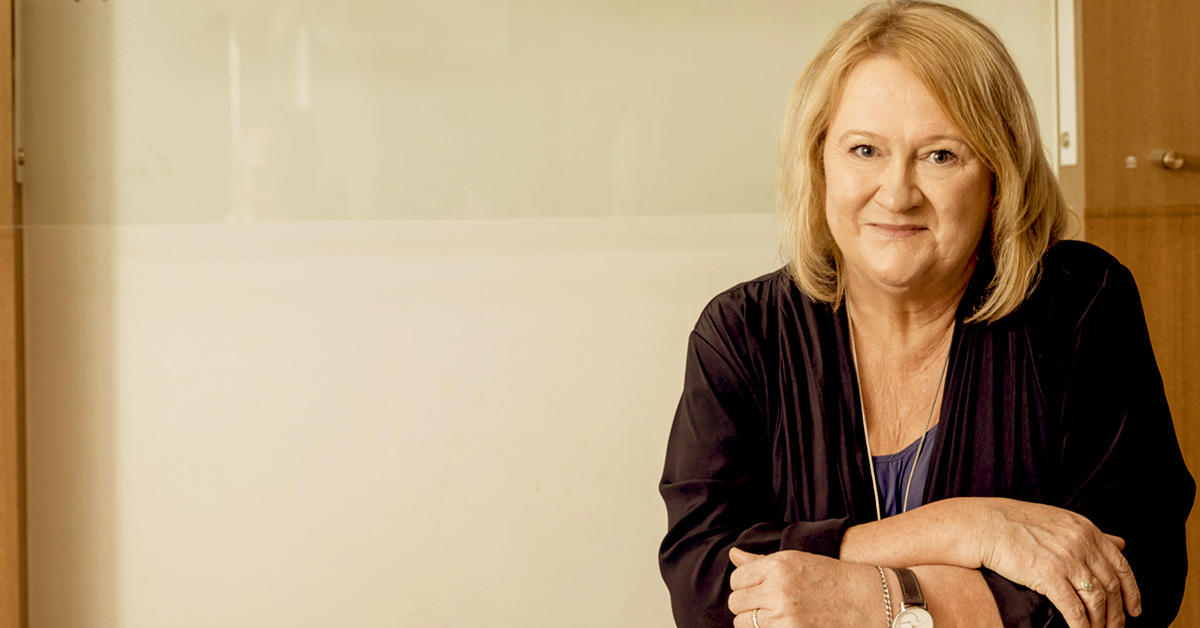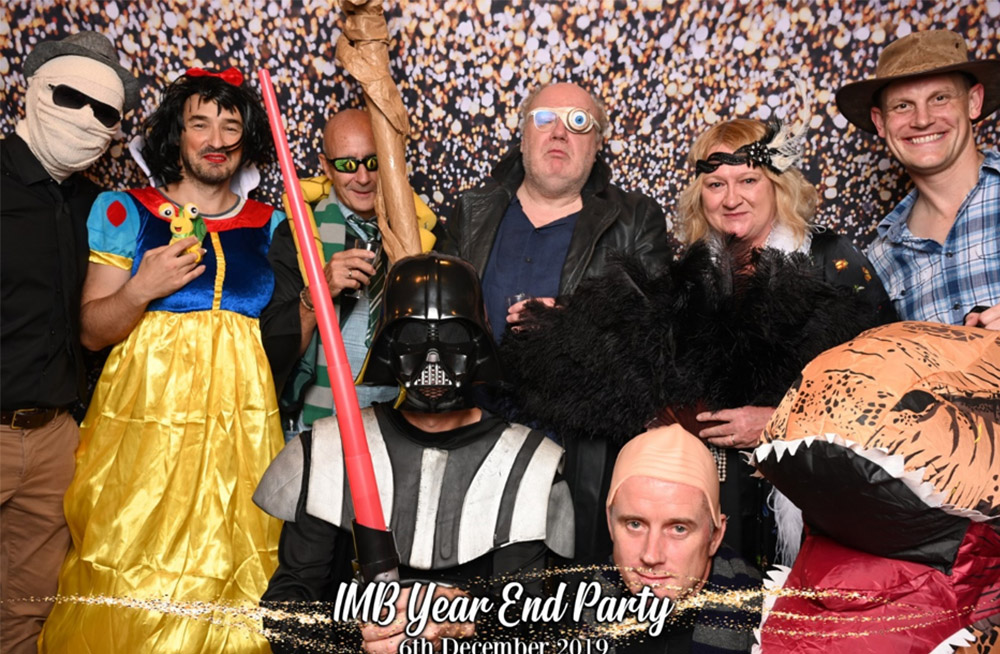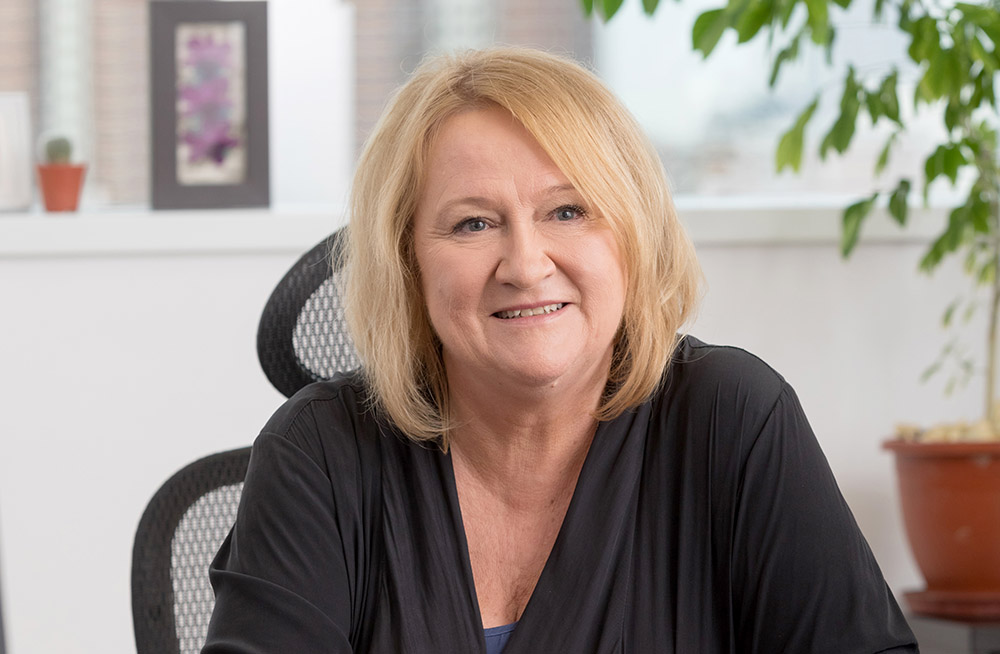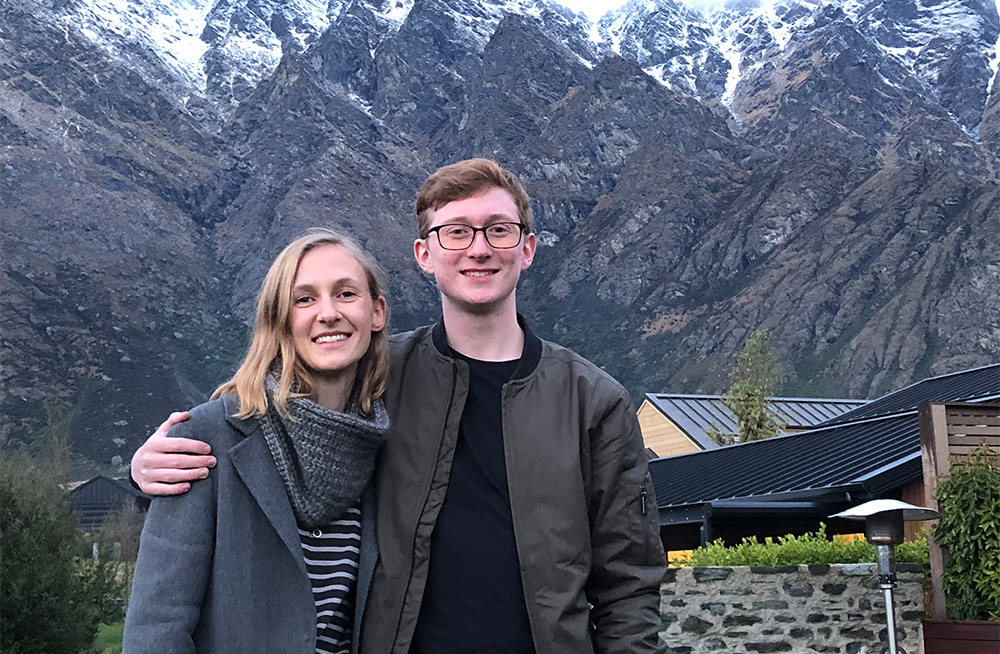Women in Science: Prof Zee Upton, IMB & SRIS
The 'Women in Science' series aims to break down gender inequalities and celebrates the achievements of our female scientists and researchers in A*STAR. Hear their stories and discover how their unique personal lives and perspectives shape the great work they do.
Prof Zee Upton, Executive Director, A*STAR’s Institute of Medical Biology (IMB) & Skin Research Institute of Singapore (SRIS)

Q: Tell us about what you do at A*STAR.
A: I am the Executive Director of the Institute of Medical Biology, A*STAR, as well as the Skin Research Institute of Singapore, a research partnership between NHG, NSC, NTU, LKC Medicine and A*STAR.
In both of these roles, I lead and collaboratively set the strategy for the institutes; however, I view my role mostly as being an enabler of others. This requires me to spend time listening to people, trying to align their core values and motivators, helping establish highly-functioning cross-disciplinary teams, ensuring a supportive and stimulating environment, and creating opportunities to stretch people’s ingenuity so they can deliver outcomes with impact.
Often, this means communicating openly and regularly. This is especially important as looking after the well-being of our staff is critical now, during the circuit breaker period.
However, I am lucky that I work with a terrific bunch of people in IMB and SRIS who have initiated The I’M Being SeRIouSly Fun group, and have even established a fund-raiser for staff to support charities of their choice. Other initiatives include a daily webinar training course, ‘joke the day’ email to lighten the mood, and a Facebook group to keep everybody connected.
 Prof Zee Upton with IMB colleagues at 2019’s year-end party.
Prof Zee Upton with IMB colleagues at 2019’s year-end party.
Q: What are your motivations for getting into your field of expertise?
A: Like most scientists, I was initially just motivated by curiosity, and wonder of the world.
I also desperately wanted to get out of the small country town that I lived in Australia and saw getting a university education as one way to do this. I am a “first in family” to go to university and am truly appreciative of the opportunities that education has provided me.
However, when I first started out, I didn’t do all that well in my first year of university, as I was living away from home. Hence, I got a job as a research assistant at the Commonwealth Scientific and Industrial Research Organisation (CSIRO), and fortunately, my boss encouraged me to study part-time.
It was in this job that I fell in love with research and in particular, how it could make an impact. I was lucky to be in a lab that pursued opportunities in biotechnology early on, and was commercialisation focused. This focus on the end-user and uptake and application has shaped my thinking ever since.

Q: What does being a woman in leadership today mean to you?
A: Here in Singapore, it means you can feel lonely at times, as you are often the only female leader in the room. It is one of the things that really struck me when I first arrived from Australia, as I was used to women being in 35-40% of all senior research leadership positions.
I think diversity in the workplace is extremely important, as it has been shown through research that a variety of perspectives leads to better outcomes, such as increased creativity, productivity and profitability, and also helps build a great reputation for the organisation..
I am not sure why there are so few women in research leadership positions in Singapore, but I suspect it could be due to unconscious bias. Therefore, thinking about, talking about, and calling out unconscious bias is critical. By this, I mean the learned stereotypes that are automatic, deeply ingrained, and are generally unintentional, but influence your behaviour.
When nominating people to go on committees – be it training courses, as invited speakers, or for promotions – stop and check whether you are providing diverse nominees.
Similarly, in meetings, it means ensuring that everyone is heard, and that you don’t talk over others, and that you do not expect the females to get the coffee or clean up afterwards!
It is also important to recognise that we need men to be partners in encouraging diversity, hence training in unconscious bias at an organisation-wide level should be a high priority for all – this is likely to lead to the biggest and fastest gains.
Q: What do you have to say to young girls who aspire to be leaders in their fields?
A: A career in STEM can be amazing. More girls and women must pursue STEM, as we need females to be involved in defining, designing and creating our future! However, you do need to be determined, confident, and unafraid to be smart and brilliant. And, yes, you can combine a career with being a parent, but choose your partner well.
 Photograph of Prof Zee Upton’s two children, Jaz and Kit, taken in New Zealand in July 2019.
Photograph of Prof Zee Upton’s two children, Jaz and Kit, taken in New Zealand in July 2019.
Q: What are your favourite pastimes outside of work?
A: I love to switch off completely. It can be via adventurous travel (we went to the Spice Islands in the middle of no-where last year), short mini breaks to Bali, binge-watching Netflix, or swimming laps in the condo pool.
I also love to cook; mostly on weekends, and mostly dishes that take time to come together, and then having people over to join us. And of course I love going to New Zealand (where my daughter is currently doing her PhD) and Brisbane to see the rest of my family, and to walk on sandy beaches where there are real oceans with big waves!
The current pandemic has been particularly challenging for us all, and for me, not knowing when I will see my family again has been the hardest.
Visit the following links to find out more about A*STAR’s Institute of Medical Biology (IMB) and Skin Research Institute of Singapore (SRIS).
A*STAR celebrates International Women's Day

From groundbreaking discoveries to cutting-edge research, our researchers are empowering the next generation of female science, technology, engineering and mathematics (STEM) leaders.
Get inspired by our #WomeninSTEM
